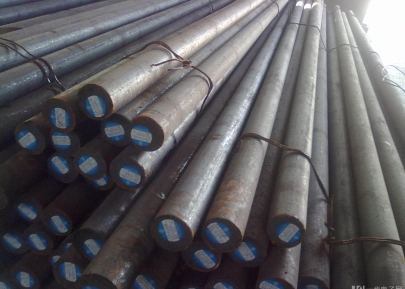Base molding, also known as baseboards, is a critical element in home design that serves multiple practical and aesthetic purposes. While traditional wood baseboards are common, homeowners are increasingly looking for unique alternatives that add character and style to their spaces. This article explores creative alternatives to traditional base molding that can elevate your home decor and enhance its overall appeal.
Understanding Base Molding Alternatives
Base molding plays an essential role in protecting walls, covering gaps, and showcasing a finished look. When considering alternatives, it is vital to focus on materials, design elements, and functionality. Here are some key points to consider:
- Material Choice: Traditional wood isn’t the only option. Consider materials such as PVC, MDF, or even metal.
- Design Aesthetics: Look for creative designs that match your home’s theme.
- Installation Ease: Choose alternatives that are easier to install for DIY projects.
Unique Material Options for Base Molding
Exploring different materials can lead to innovative design opportunities. Here are some popular alternatives to wooden base molding:
| Material | Benefits | Considerations |
|---|---|---|
| PVC | Water-resistant, low maintenance | Less traditional appeal |
| MDF | Cost-effective, paintable | Not water-resistant |
| Metals | Durable, modern look | Can be pricier and harder to work with |
| Ceramic Tiles | Unique, customizable | Heavier, requires specialized installation |
Decorative Paneled Molding
For a sophisticated look, consider decorative paneled molding. This alternative involves installing paneling that extends to the floor, offering a beautiful, integrated style that works particularly well in formal environments. Here are some characteristics:
- Aesthetic Flexibility: Adaptable to various styles such as traditional, modern, or transitional.
- Customization: Easily customizable with paint or stain.
- Enhances Home Value: Adds an upscale touch that can increase property value.
Textured Wall Treatments
Instead of using traditional molding, consider incorporating textured wall treatments that create visual interest and depth. Options include:
- Stenciled Designs: Use stencils to create a raised pattern or design at the wall’s base.
- Fabric Wall Treatment: Install fabric for a warm, inviting feel.
- Concrete or Cement Finish: Provides an industrial, modern edge.
Innovative Lighting Solutions
Integrating lighting fixtures into molding can provide a modern look while enhancing ambiance. Here are some popular ideas:
- LED Strip Lighting: Install LED strip light along the upper edge of your wall for a subtle glow.
- Wall Sconces: Instead of traditional molding, wall sconces can accentuate your space.
- Integrated Bases: Craft base molding with built-in lighting for a seamless design approach.
Using Wallpaper as Baseboard Substitute
For those looking for versatility, wallpaper can serve as a unique element instead of traditional molding. This method can include contrasting colors or patterns, distinguishing spaces creatively. Here’s how:
- Bold Patterns: Use vibrant designs to draw the eye to different wall sections.
- Color Blocking: Paint the wall in different colors, creating a visually striking separation.
- Texture: Textured wallpaper can create a tactile experience that invites touch.
Creative Solutions for Open Spaces
In open-concept homes, the lack of walls can make the use of base molding challenging. Here are ways to handle this dilemma:
- Use Area Rugs: Area rugs provide a natural boundary between spaces.
- Ceiling Treatments: Design ceiling moldings that draw the eye vertically and define sections.
- Color Differentiation: Paint different areas with colors to create visual separations.
Conclusion
When decorating your home, stepping away from traditional base molding can open up exciting possibilities. By considering various materials, inventive designs, and creative applications, you can achieve a unique aesthetic that reflects your personal style. The alternatives discussed—decorative paneled molding, textured wall treatments, integrated lighting solutions, wallpaper, and more—are just a starting point in reimagining how base molding can influence your space. Embrace these creative approaches to make a distinct impact in your home.
FAQs
What are the advantages of using PVC for base molding?
PVC is water-resistant, low maintenance, and offers a lightweight option that is easy to install. Additionally, it’s often more affordable than wood.
Can I install decorative paneled molding myself?
Yes, with the right tools and understanding of basic carpentry, decorative paneled molding can be a feasible DIY project.
What techniques can I use for incorporating lighting into my base molding?
Consider using LED strip lights or wall sconces. These options can enhance the design while providing functional lighting.
How do I choose the right material for my home’s decor?
Consider the overall style of your home, the functionality required, and your budget. Materials like MDF offer versatility for painted designs, while metal can provide an industrial feel.
Can wallpaper be a substitute for base molding?
Yes! Wallpaper can be used creatively at the base of walls as a stylish substitute, allowing for unique patterns and textures.



